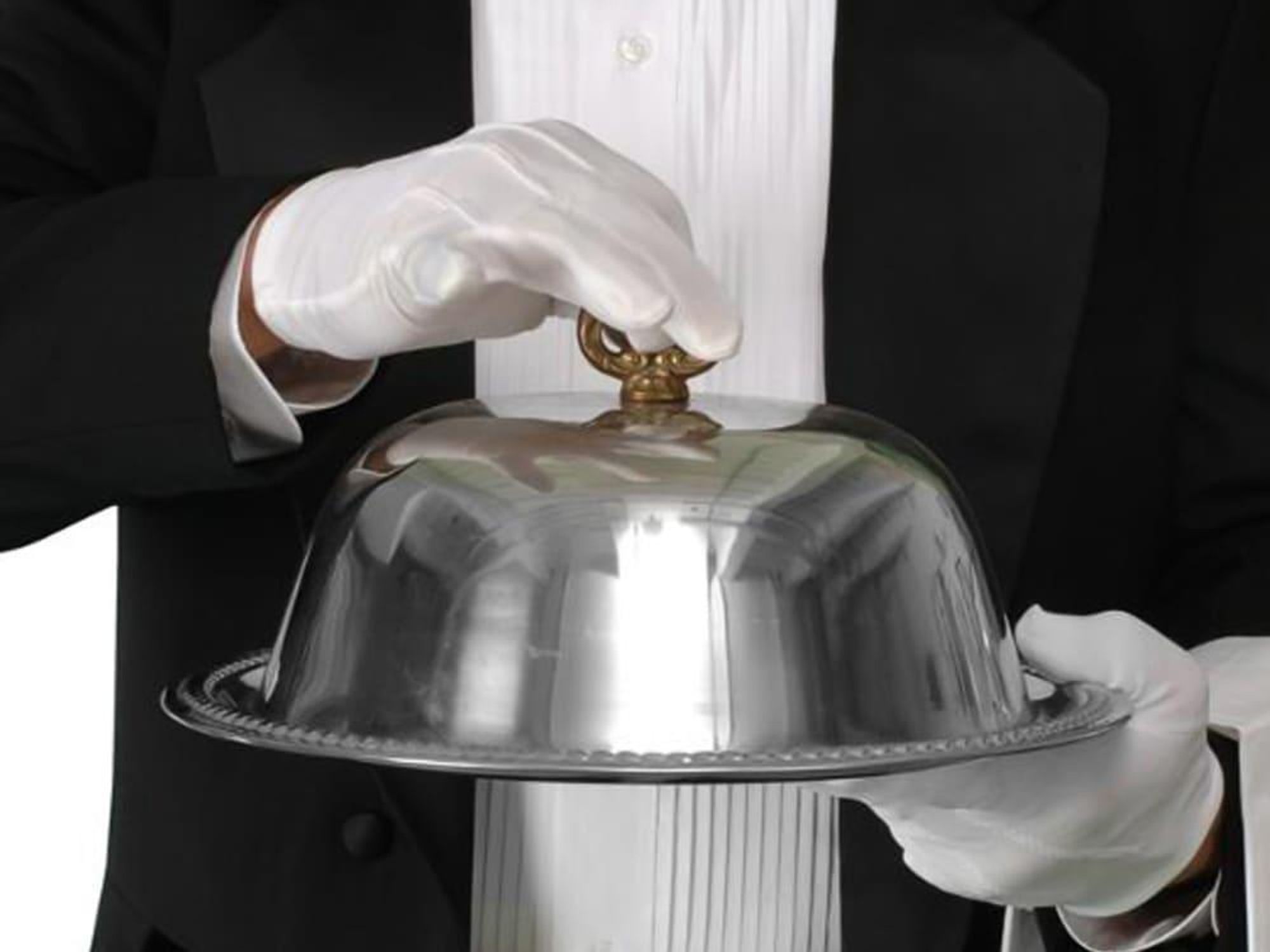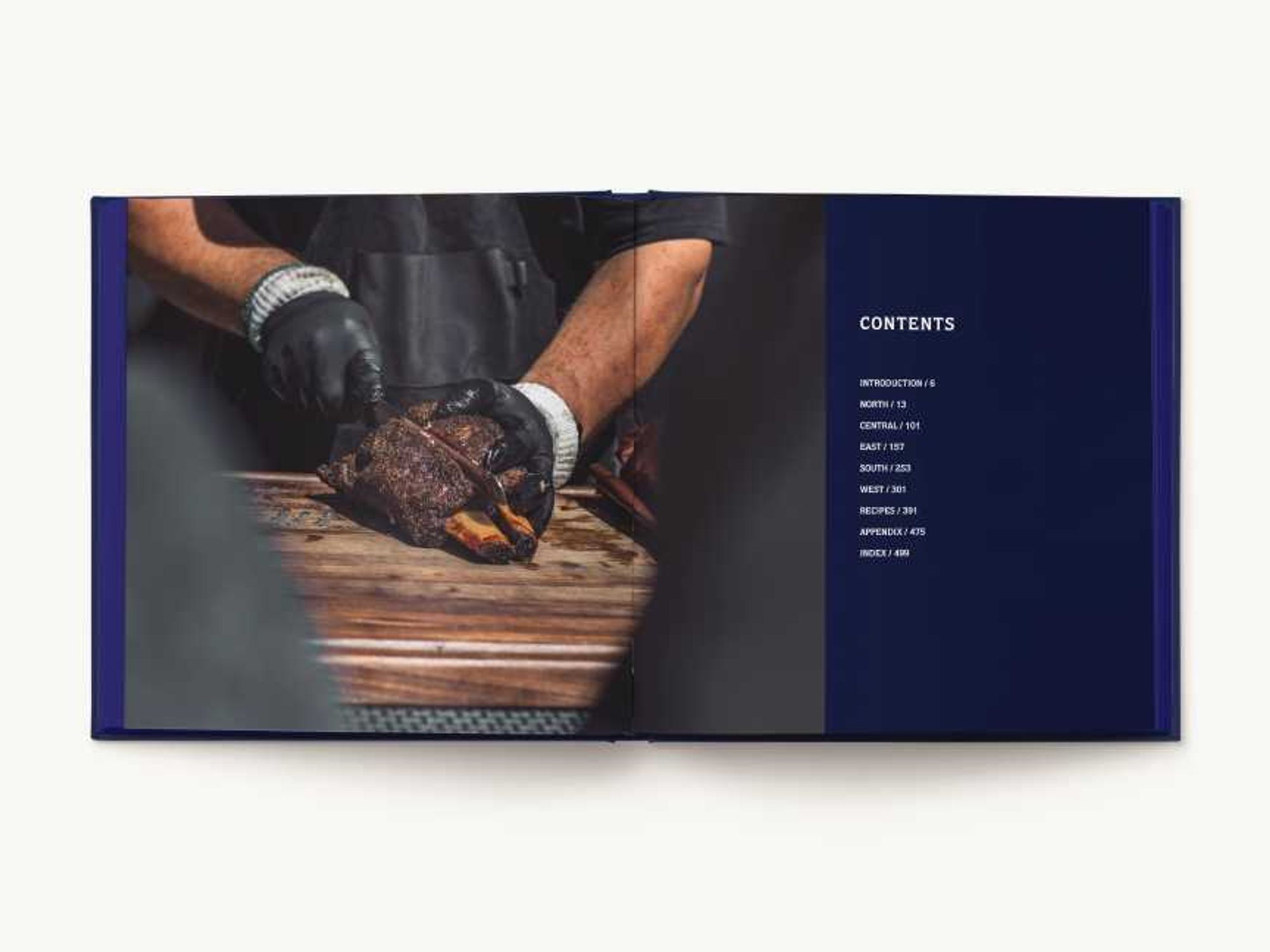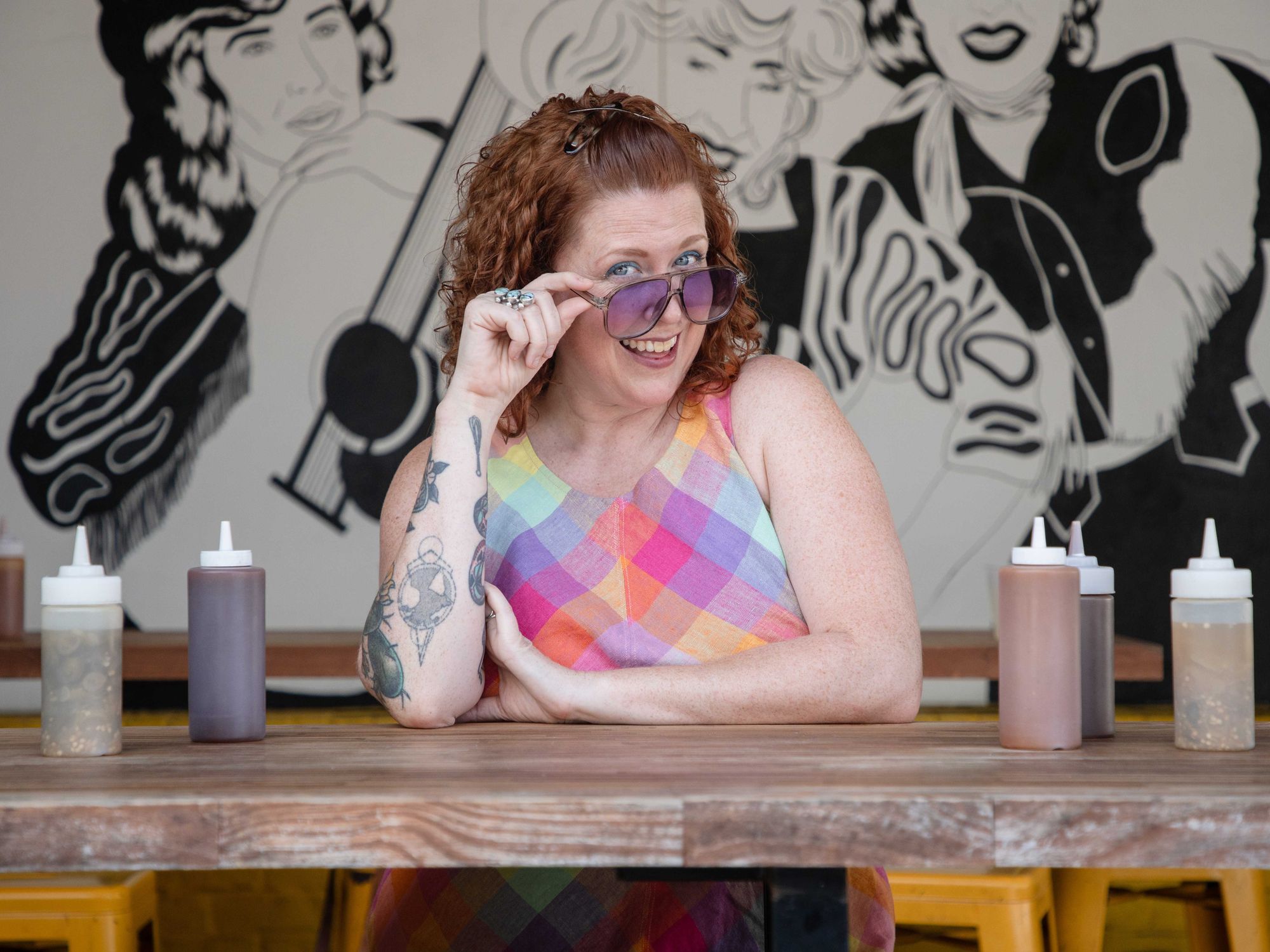Gubbins Gripes
5 telltale signs of fake good service at Dallas-Fort Worth restaurants

Dallas-Fort Worth enjoys a bounty of restaurants, far more than most, in a wide range of price points and cuisines, with more being added every day.
But it's not a great area when it comes to service. High turnover, a younger workforce, and insufficient training all contribute to a service level that's short of the standard of great service cities like San Francisco, Chicago, and New York.
Truly outstanding service is an art, says Victor Enriques Rojas, general manager at The French Room at the Adolphus Hotel and a renowned hospitality professional who has helped open 5-star restaurants such as Flora Street Cafe and Bullion.
"It's not always just about the food, but the overall experience," Rojas says. "Good servers listen to what the guest wants, and tailor their service accordingly. And it's just as important to read the nonverbal cues guests offer. Sometimes that's more important."
Some Dallas-Fort Worth restaurants suffer from a kind of fake-good service model, where staffers step through certain defined actions that, on the surface, seem like good service — when they're really the opposite.
With Rojas' reluctant help (because, as a sterling hospitality professional, he'd rather not say anything unkind at all), we're here to set the record straight — to call out the fake-service gestures for what they are.
Here are our five least-favorite fake-good service tricks:
Compulsive topping-off of the water glass
Having your water glass refilled has become the flawed barometer of good service. DFW diners deserve as much blame credit for this as servers. We've all gotten sucked into the idea that the filled water glass shows we are being tended to — when it's really just a waste of water.
The problem worsens when the fastidious refill is just a cover for service that's otherwise lacking.
It could be the hapless busboy at a white-tablecloth place, interrupting your quiet moments with another inch of water you didn't need. Or the distracted server at a bustling chain, sloshing a drippy stainless-steel pitcher to plop five more ice cubes into your nearly-full glass, hoping to divert your attention from the fact that your order is late.
How about the idea that there's something nice and leisurely about finishing a glass of water — about enjoying the temperature of the water as it changes with the temperature of the room. About going without for a few minutes and then feeling grateful if/when you get more water.
Victor says: Good servers pick up on the reactions of their guests, and respond accordingly.
The "helpful" question
You're in a fancy restaurant. Here comes your chirpy server. "Is this the first time you've been here?" Um, it's $150 for two people. So no, you're not a regular. What's the point? Do you reek out-of-place newbie?
"Is this a special occasion?" First of all, that is nothing you'd share with a stranger. Second, the question comes off as more unintentional snobbery. You're soooo out of place that the only reason you'd possibly be here is celebrating some sorry benchmark in your life?
"Can I answer any questions about the menu?" Maaaybe, but you just gave me the menu. Right now the only question I have is, Can I read the menu first and get back to you with questions? Also, since it's kind of your role to help me get my meal on, I'm presuming that if I do have questions, I can ask them of you completely spontaneously and of my own volition.
Victor says: A good server makes the guest feel at home.
Thoughtless straws
There are still restaurants that add straws to every beverage, in a dubious attempt to seem generous and customer-servicey.
But to have a straw automatically plunked into your drink, whether you asked for it or not, is not a sign of good service. Cheap plastic does not say, "I care about you, the customer."
To be fair to your server, straws are a management issue, and some places have ditched them, including notable outfits such as Fox Restaurant Concepts.
Victor says: I'd never work at a restaurant where they use straws. (Just kidding, Victor had nothing to say about the straw issue.)
Clearing plates before everyone is finished
You and your beloved are dining out. He eats like a wolf and finishes his dinner in 30 seconds flat. You eat like a civilized human being.
Along comes the server who briskly whisks his plate away. Now you are left to plod through your meal alone. You're no longer "eating together." There's no parity. It's no longer relaxing. Gotta finish.
The official rule is that no plate should be cleared until all diners are done. But in the server's defense, some dopey diners are quick to "ee-uu" over the sight of a plate from which they moments ago were scarfing food.
Victor says: The basic rule in fine-dining restaurants is that you clear the table after everyone is finished. But people also give hints that you should not overlook. If you see someone pushing the plate away, you can certainly politely interject.
The CYA clearing of the table
You're done with your dinner; you've been done a while. Need the check. Need it now. You're actually making that gesture in the air as if you're writing with a pen. This is how dire it has become.
Along comes the server, who cheerfully acquiesces — but instead of getting the check as requested, begins industriously clearing every item off your table. Right down to the salt and pepper shaker. The table is a clear-cut forest.
Finally, after that CYA display of "good service," you are granted your check.
Victor says: There's a process you go through when you're waiting on someone — a natural flow of how the meal should unfold. Sometimes servers get busy, and drop the ball, but it's all in how you recover, by responding quickly to a guest's request.

 Big photos make Texas BBQ fun to flip through.Image courtesy of HarperCollins
Big photos make Texas BBQ fun to flip through.Image courtesy of HarperCollins Author Veronica Meewes at la Barbecue.Photo by Alex Gray
Author Veronica Meewes at la Barbecue.Photo by Alex Gray